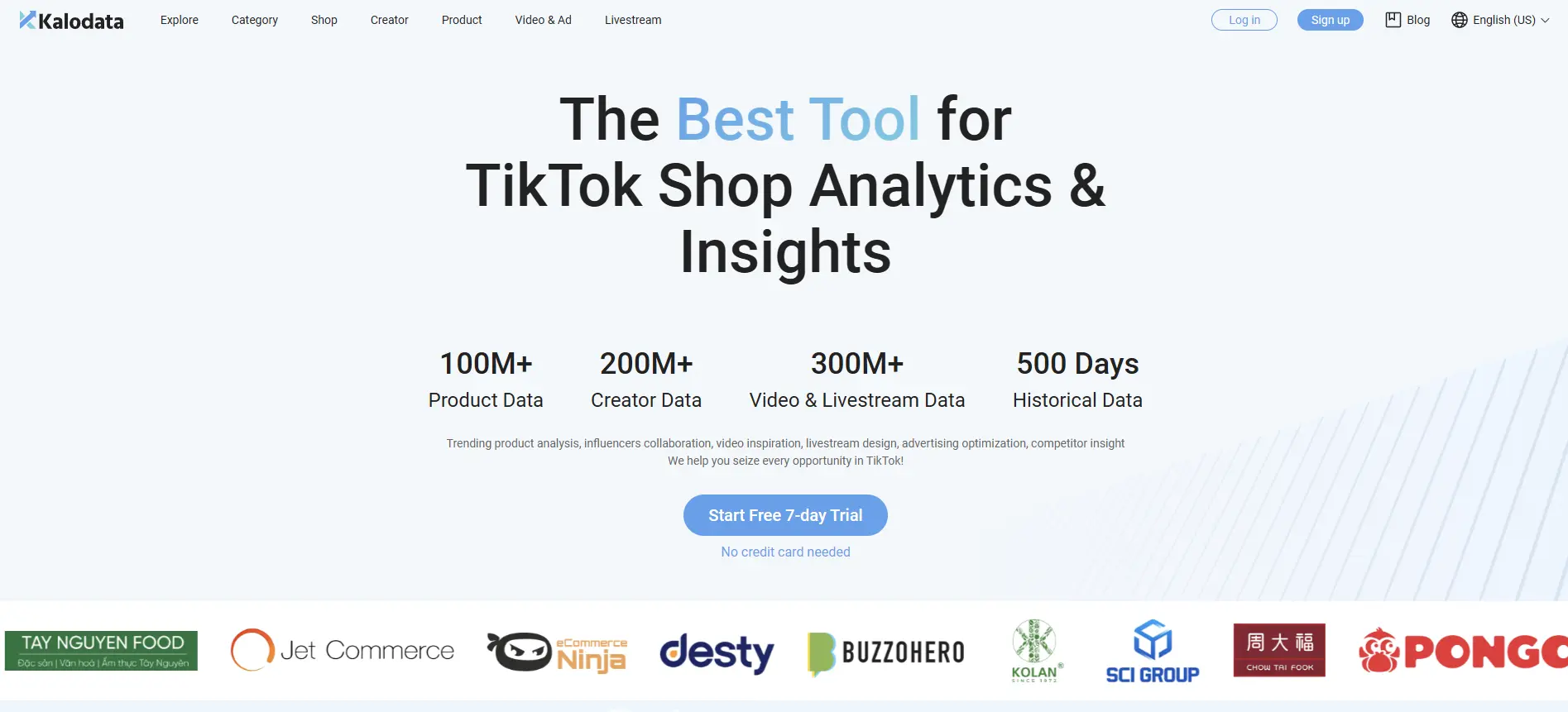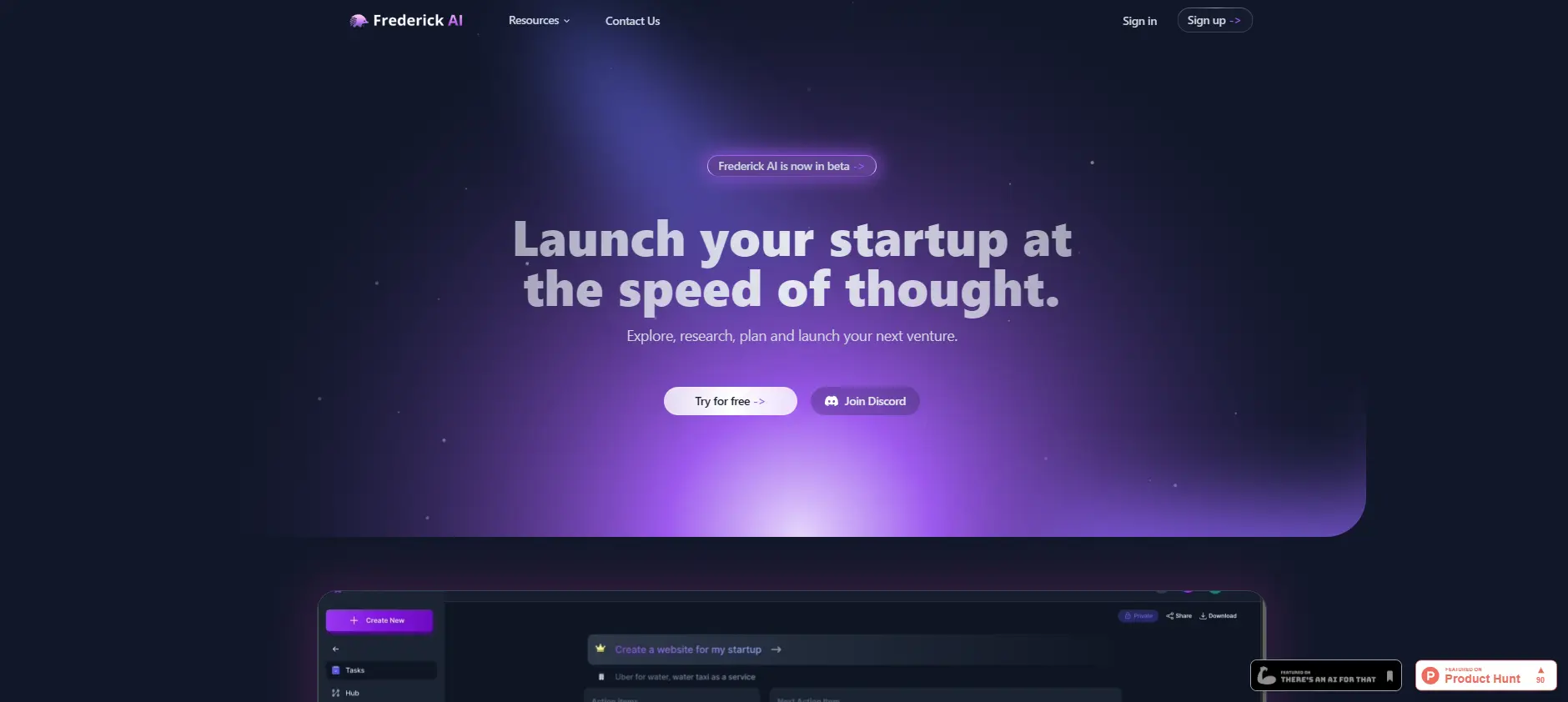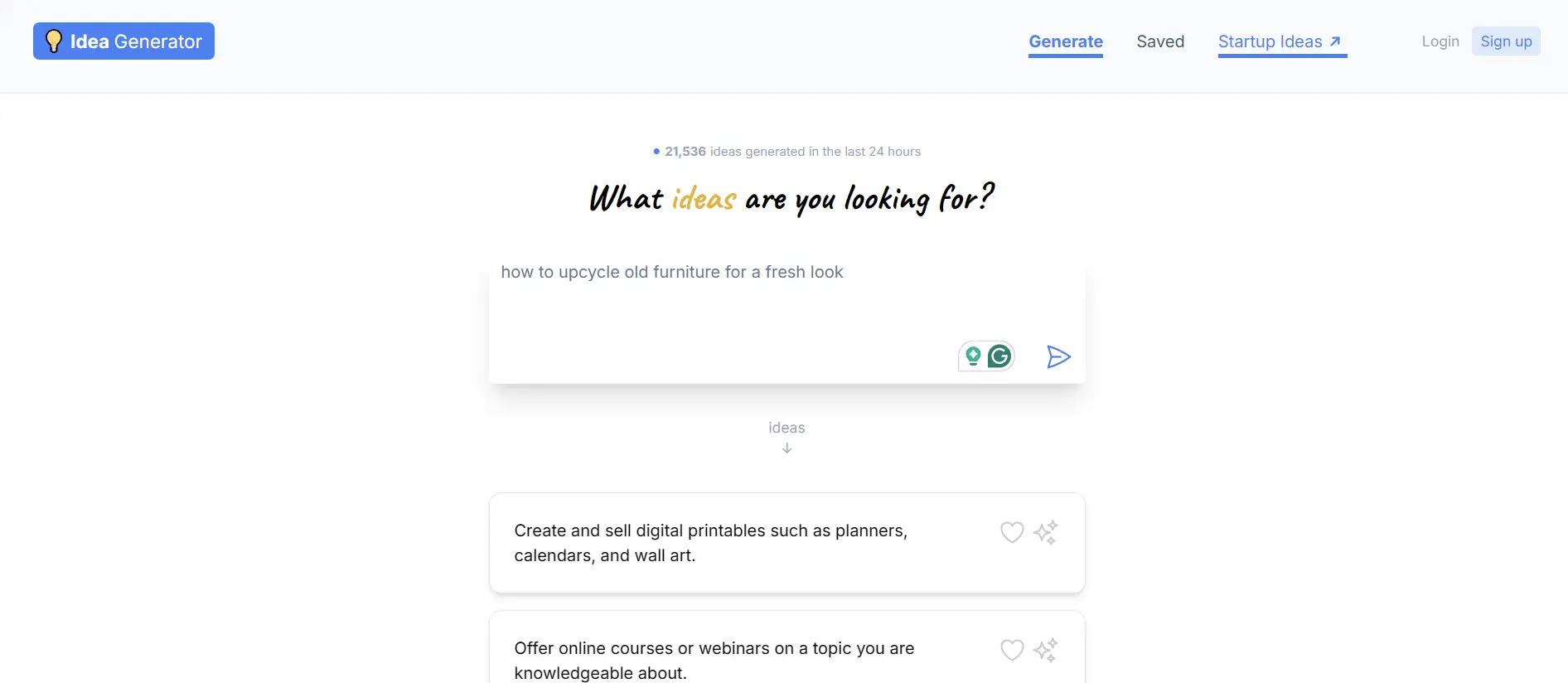Elicit: A Tool for Academic Research
Elicit is a tool that can help you with your academic research.
It uses artificial intelligence to find and summarize relevant papers, extract key information from them, and answer your questions.
Here are some reasons why you might want to use Elicit:
- Save time and effort. Elicit can help you search across more than 200 million academic papers using natural language. You don’t need to type in exact keywords or browse through hundreds of results. You can simply type in what you are looking for and Elicit will show you the most relevant papers for your topic.
- Extract data from papers. Elicit can also help you extract data from papers, such as figures, tables, equations, methods, results, and conclusions. You can view the source of each piece of information and point to where it came from in the paper. This way, you can easily access and cite the data you need for your research.
- Find concepts across papers. Elicit can also help you find concepts that are common across different papers on your topic. For example, if you are interested in machine learning, Elicit can show you the main terms, definitions, applications, and challenges of this field. You can also compare and contrast different concepts and see how they relate to each other.
- Upload your papers. If you have a paper that is not yet published or indexed by Elicit, you can still upload it and share it with others. You can also use Elicit to summarize your paper or extract data from it.
- Get answers to your questions. Elicit can also help you ask questions to papers and get answers from them. For example, if you want to know how a certain method works or what a certain result means, you can ask Elicit and it will try to answer your question based on the paper’s content.
Key Features
- Dynamic Research Summaries: Elicit continuously updates a summary of the top papers in a given field, allowing users to quickly grasp the latest research developments.
- Research Question Exploration: The tool helps users explore research questions and literature reviews by suggesting search terms, abstract summarization, and brainstorming research questions.
- Usability: Elicit’s interface is simple and easy to navigate, with a search box for users to “Ask a research question” and a dedicated Help page.
- Process-Based ML System: Elicit uses a process-based machine learning system, which provides better differential capabilities compared to outcome-based systems.
- Paid Tier: Elicit offers a paid tier that allows users to search papers, extract data, and summarize concepts at a larger scale than the free tier supports.
- Trustworthiness Computation: The tool attempts to compute a scientific paper’s overall trustworthiness, taking into account factors like the quality of trials, funding source, potential conflicts, and the size of the trials.
Use Cases
- Dynamic Research Summaries
- Research Question Exploration
- Trustworthiness Computation
Pros
- Process-based machine learning system provides better differential capabilities
- Compatibility across different web browsers
- Simple and easy-to-navigate interface
- Paid tier allows users to search papers, extract data, and summarize concepts at a larger scale
Cons
- Limited stakeholder perspective and non-system requirements
- Incomplete understanding of business process requirements
Best Suits for
- Researchers and academics.
- Librarians and other information professionals.
Elicit’s long-term goal is to make researchers vastly more productive and accurate, while also helping non-experts apply good research and reasoning practices when discovering, consuming, and generating information.



